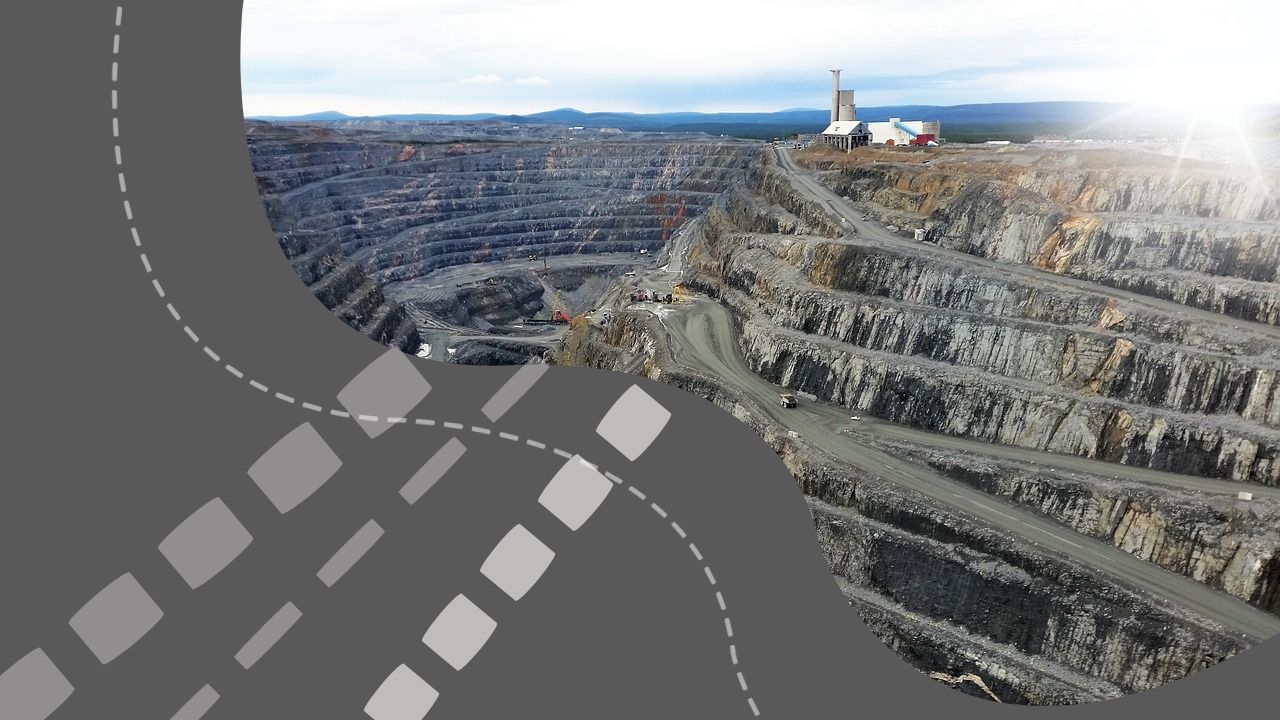The company Polymetal, in partnership with “Kazgeology,” is currently in the process of calculating the reserves in the gold-copper area of Baksy in the North Kazakhstan Region. The CEO of Polymetal International plc, Vitaly Nesis, provided this information during a press approach at the “Transfer of the Initial Listing to the AIX Exchange and Redomiciliation to the AIFC” ceremony with inbusiness.kz.
Nesis expressed satisfaction with the partnership with “Kazgeology” and mentioned that discussions regarding future steps will be more meaningful after the reserves are placed on the state balance sheet. Polymetal recently increased its stake in Baksy to 75% and is considering a decision on production at the site for the upcoming year. It’s worth noting that “Kazgeology” is now under the control of the national mining company “Tau-Ken Samruk.”
During discussions with reporters, Nesis also mentioned the planned sale of Polymetal’s Russian division within the next 6-9 months. The company is exploring opportunities not only in Kazakhstan but also in Central Asian countries.
The CEO addressed the topic of a potential increase in the tax burden on businesses in Kazakhstan, emphasizing that the recent increase in the mineral extraction tax (MET) was justified given the favorable external conditions. He expressed hope that the final decisions on tax code amendments would consider the capital-intensive nature of the mining industry and maintain its investment attractiveness.
Furthermore, Polymetal aims to increase the liquidity of its shares on the AIX exchange in Astana over the next two years. The company recently transferred its primary listing from the London Stock Exchange to the AIX exchange, and Nesis emphasized that the domicile in the AIFC is permanent. There are no plans for an additional listing in Abu Dhabi or any other platform at this time.
The relocation of Polymetal to the AIX exchange is expected to enhance liquidity on the platform and attract global investors. Renat Bekturov, the head of the AIFC, highlighted the positive impact on the Kazakh stock market and the increased participation of renowned investment companies.
Regarding the proposed merger of the AIFC trading platform with the Kazakhstan Stock Exchange (KASE), Nesis mentioned ongoing discussions on how to combine liquidity between the two entities, considering their respective minority shareholders.
In conclusion, Polymetal’s collaboration with “Kazgeology” in calculating reserves, its strategic plans for the future, and its involvement in the AIX exchange demonstrate the company’s commitment to growth and development in the mining sector.
Regarding the potential merger between the AIFC trading platform and the Kazakhstan Stock Exchange (KASE), Nesis commented on the consideration of KASE’s Russian shareholders.
“Both KASE and Polymetal have minority shareholders. MOEX, the Moscow Exchange, along with local banks and brokers, are shareholders of KASE. On the other hand, the AIFC exchange has notable shareholders such as the Shanghai Stock Exchange, NASDAQ, and the Silk Road Fund. Currently, no decision has been made, and our discussions primarily revolve around how to combine our liquidity, in what form it will take, whether there will be changes in the legal structure, and if so, what those changes will entail. The next step involves negotiations with the existing shareholders to determine their future involvement, whether they will continue as shareholders, or if a new structure will be established. These matters remain open and under discussion,” Bekturov elaborated.
Furthermore, Bekturov addressed the question of measures planned to enhance the liquidity of Russian issuers like “Rusagro” or Ozon on the AIX.
“These issuers are relatively new, and their global depositary receipts (GDRs) are listed and traded on our exchange. The challenge lies with the global depository, Euroclear, as they are currently working on segregating the accounts of shareholders due to the situation at hand. Once Euroclear resolves this matter and market-making brokers willing to provide liquidity are identified, the issue will be resolved. We are actively working with the issuers to address this matter,” Bekturov affirmed.

